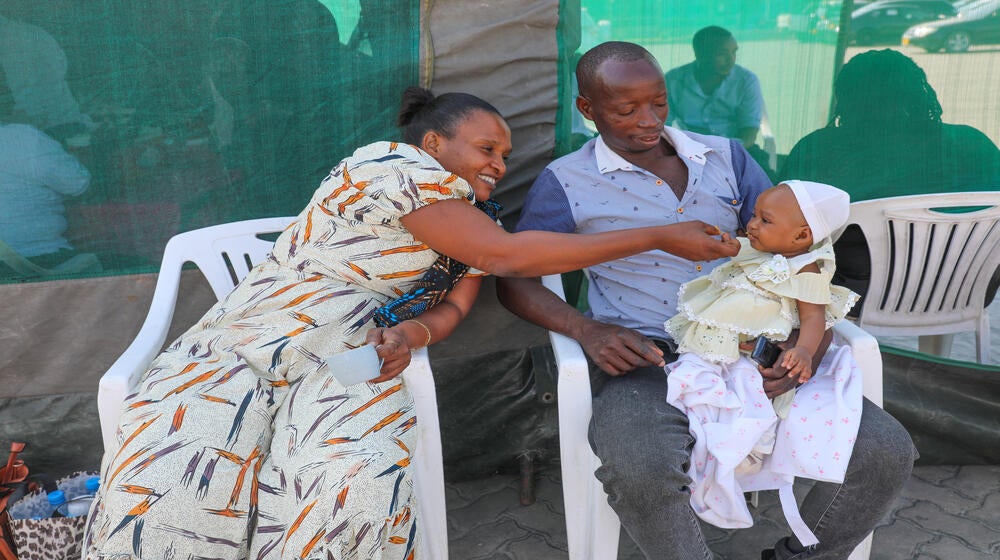September 26, 2024, Dar Es Salaam, Tanzania UNFPA, in collaboration with the Ministry of Health and Family Planning stakeholders, proudly led the commemoration of World Contraception Day (WCD) in Dar es salaam. This year’s theme, “A Choice for All. Freedom to Plan, Power to Choose,” emphasizes the importance of empowering individuals to make informed decisions about their sexual and reproductive health.
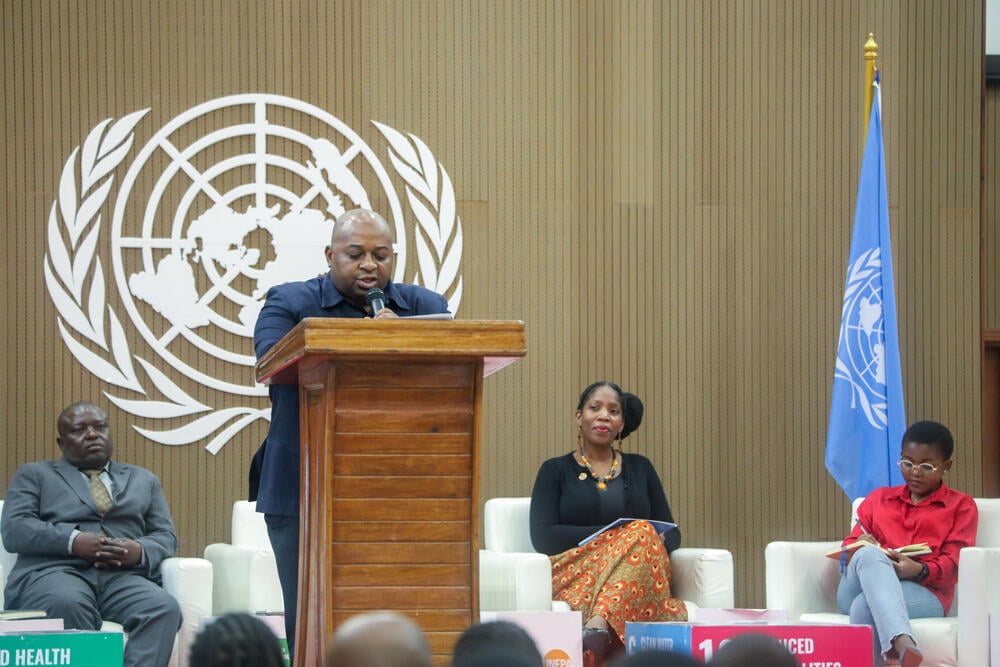
"Contraception improves maternal and child health, advances gender equity and empowerment, and contributes to economic growth. Healthy people are more productive, have higher average incomes, spend less on healthcare, and create savings that are an important source of economic investment. When young people are healthy, educated, and empowered in an environment that allows them to thrive, the future of Tanzania is bright!" Said Dr. Mohamed Mangu’na, Regional Medical Officer, Dar es Salaam.
Access to contraception is a fundamental human right that enhances the health and well-being of not only women and girls but also their families and communities. However, global inequalities—rooted in factors such as race, displacement, education, and income—make it increasingly difficult for millions to access contraceptives, particularly affecting women and girls.
Every individual must have the freedom to protect their reproductive health and plan their families. Access to contraception is essential for bodily autonomy, reducing adolescent births, preventing maternal deaths, and advancing gender equality.
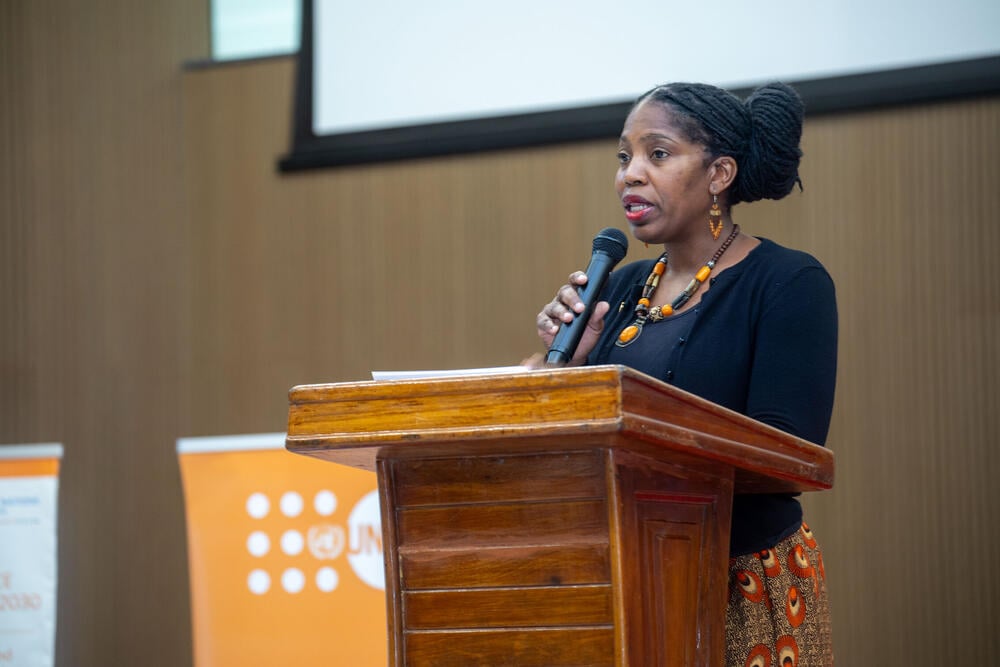
“Access to family planning has to be enabled by information and education. It is critical for individuals to be empowered with information about different contraceptive methods and their effectiveness, enabling them to make informed decisions, which is key to reducing unintended pregnancies and maternal deaths.Said Melissa McNeil – Barret, UNFPA Deputy Representative, United Republic of Tanzania.
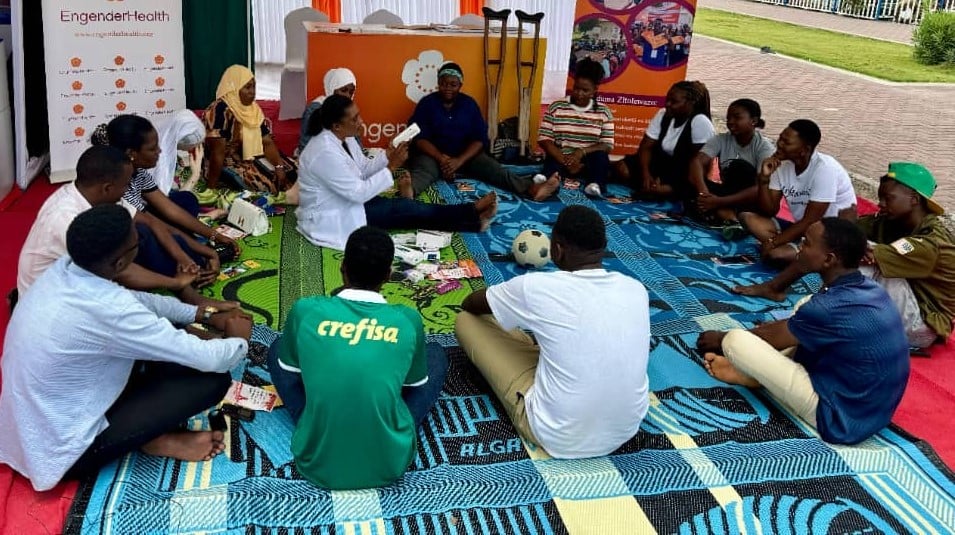
She emphasized that: “Education also means tackling myths and stigma that surround the use of family planning. Driven by behavioral change and demand-creation interventions, it is essential for overcoming barriers to utilization of family planning. Access to contraception is not just about empowerment and equality. It's about ensuring that every individual has the tools they need to make informed decisions about their reproductive lives, enabling them to pursue education, participate in the workforce, and contribute to economic development”.
Approximately 200 participants gathered to engage in meaningful discussions and activities focused on the significance of universal access to safe, effective, and affordable contraceptives. WCD serves as a vital platform for raising awareness about contraception and promoting sexual and reproductive health rights.
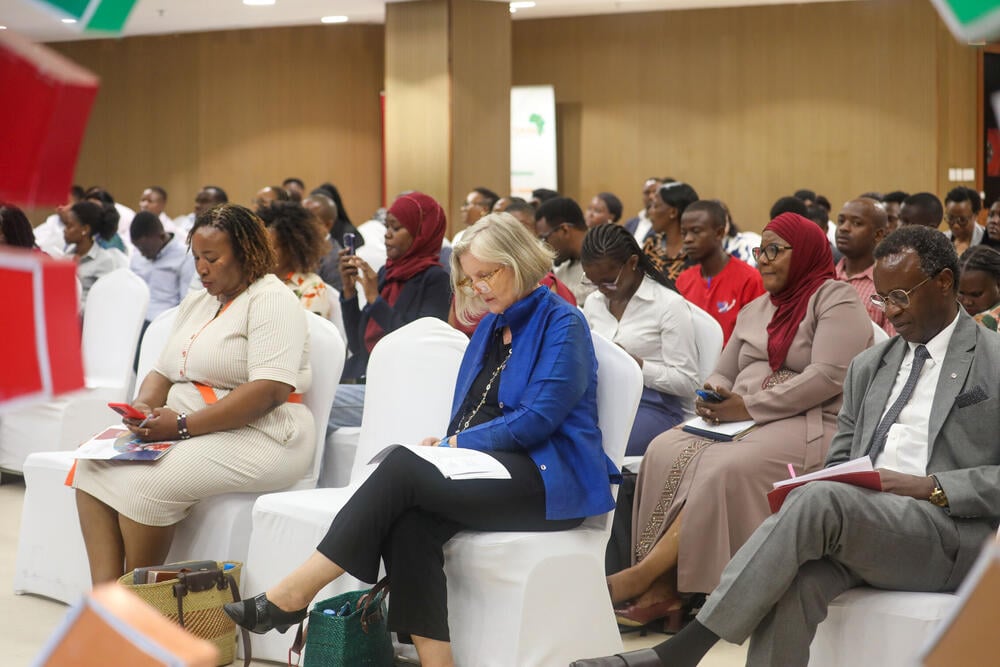
The day highlighted UNFPA's transformative goals of ending unmet needs for family planning, preventing maternal deaths, and combating gender-based violence and harmful practices. The theme underscores our commitment to ensuring that everyone has the freedom to plan their families and make empowered choices regarding their reproductive lives.
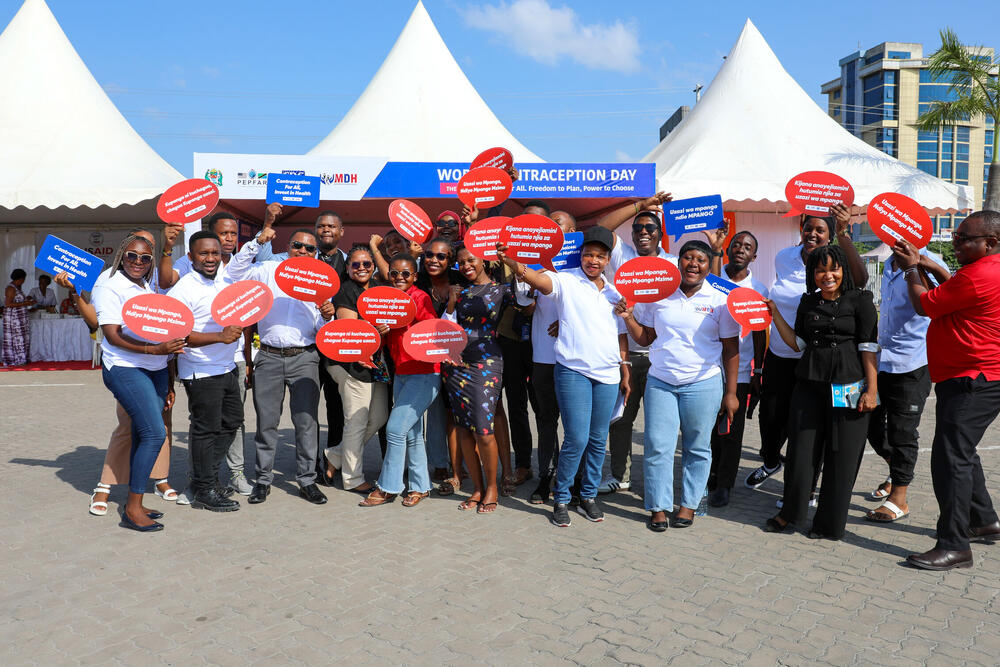
Activities Implemented:
- Social Media Engagement: Raising awareness and sharing information on contraception and family planning.
- Community Outreach: Engaging local communities to discuss the importance of reproductive health.
- Media Engagement: Collaborating with journalists to amplify the message of the day and reach a broader audience.
- Family Planning Panel Discussion: Experts and stakeholders shared insights on current challenges and solutions in family planning.
Key Topics Discussed During the Panel:
- Myths about contraceptives and their effects on health.
- Accessibility of family planning in Tanzania, particularly for young people and marginalized groups, including persons living with disabilities (PLWD).
- Sustainable financing for sexual and reproductive health and rights (SRHR) in family planning.
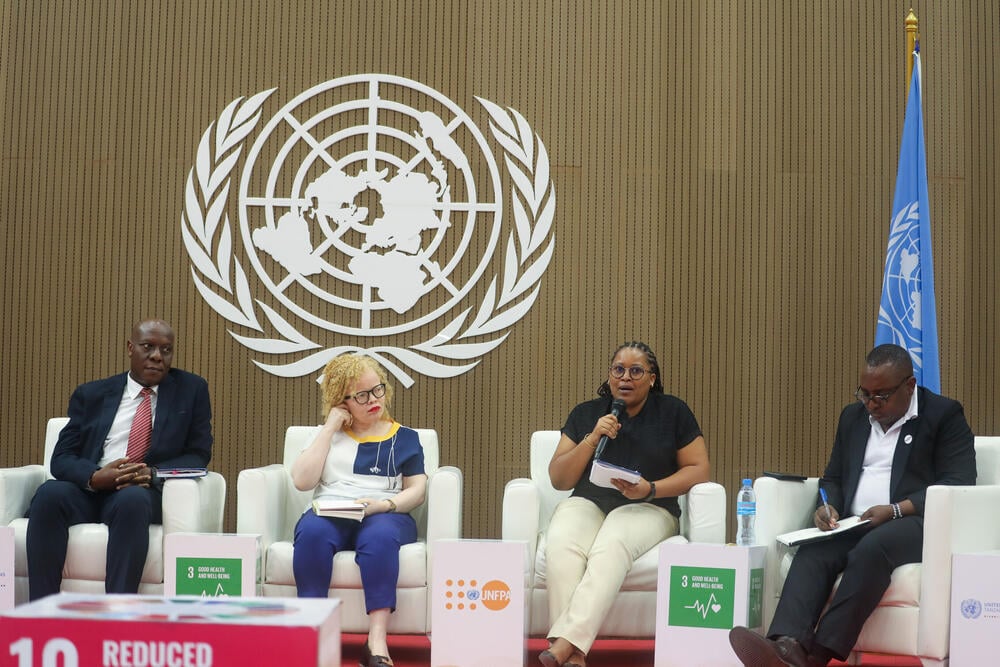
World Contraception Day, observed annually on September 26th, aims to improve awareness of all contraceptive methods available and enable young people to make informed choices about their sexual and reproductive health.
Together, we strive to ensure that every individual has access to the resources they need to make informed choices about their health and future.
Media Inquiries:
Dr. Warren Bright
UNFPA Communications Analyst
United Republic of Tanzania
Mobile: +255 764 43 44 45
Email: bwarren@unfpa.org

